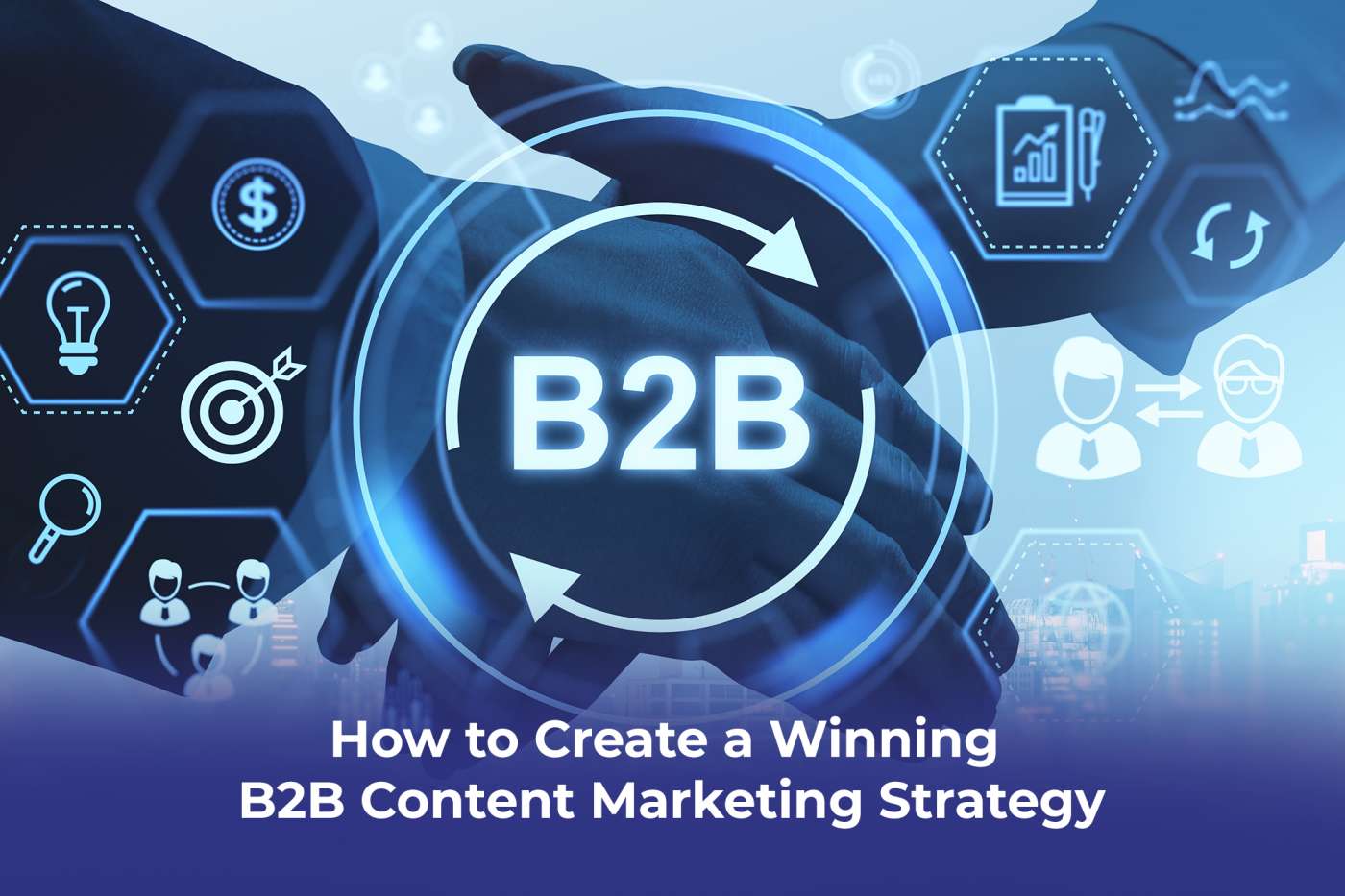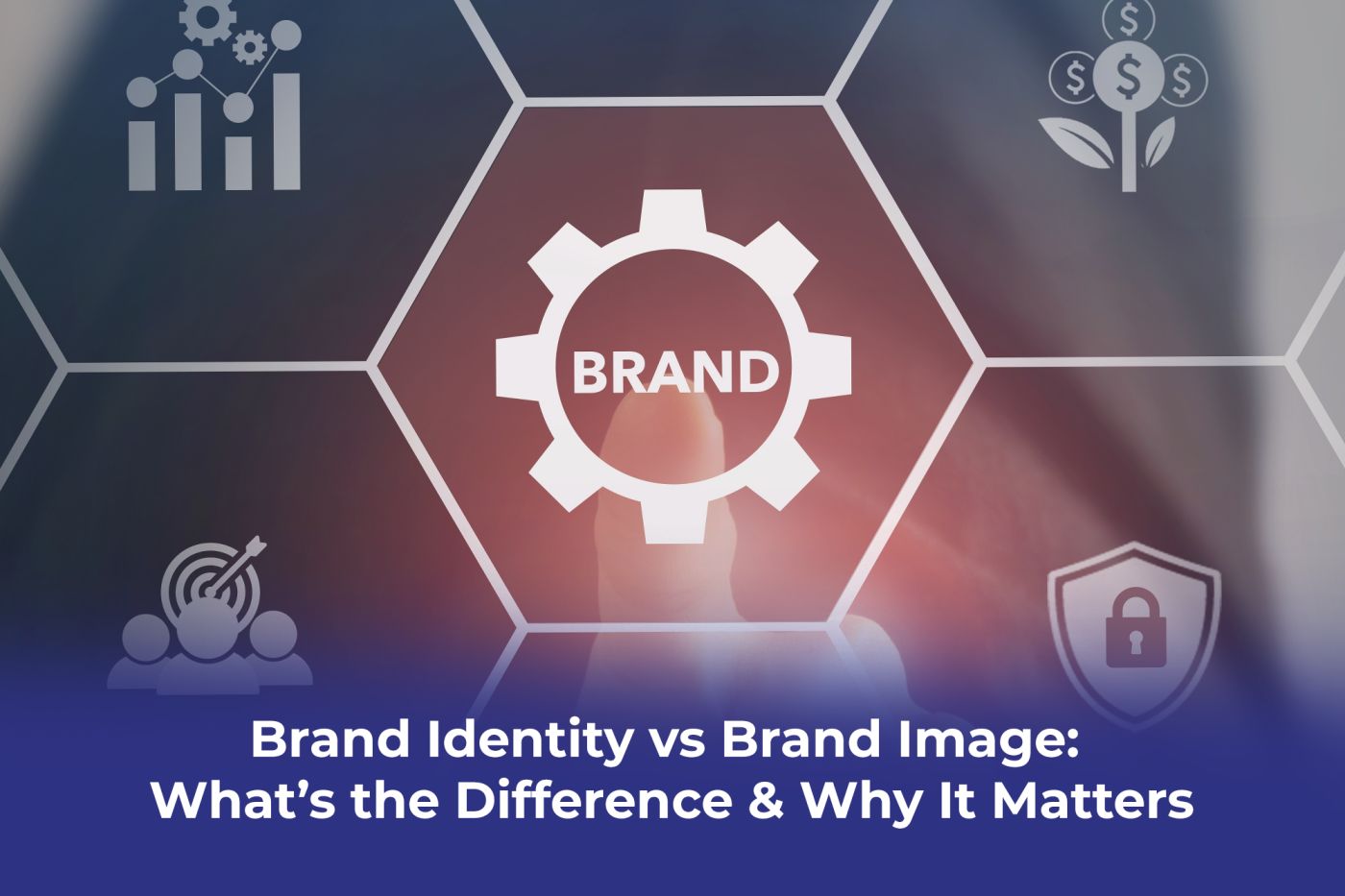Summary
In 2025, attention is currency, and most B2B content is bankrupt. The problem isn’t quality; it’s lack of strategy. This playbook demonstrates how to develop a high-impact content marketing strategy that aligns with buyer pain points, supports the B2B buyer journey, and drives tangible business results. Say goodbye to content that vanishes into the void and hello to content that converts.
In today’s competitive digital marketing environment, B2B Content Marketing is a cornerstone for businesses aiming to connect effectively with their target audience. A well-structured content strategy not only addresses potential clients’ pain points but also positions your product or services as the optimal solution.
Why B2B Content Marketing Still Drives Results in 2025
Despite the ever-evolving digital landscape, B2B Content Marketing has yielded significant results. Recent studies indicate that many B2B marketers reported increased engagement and lead generation through strategic content initiatives. By creating content that resonates with your target audience’s specific needs and challenges, businesses can build trust and establish authority in their respective industries.
Core Elements of a Strong B2B Content Marketing Strategy
A robust B2B Content Marketing strategy encompasses several key components:
- Audience Analysis: Understanding your target audience’s demographics, preferences, and challenges is crucial.
- Content Creation: Developing high-quality content that addresses specific pain points and offers actionable solutions.
- Content Formats: Utilizing various content types, such as blog posts, case studies, and white papers, to cater to different stages of the buyer journey.
- Distribution Channels: Selecting appropriate platforms, including email marketing and social media, to disseminate content effectively.
- Performance Metrics: Establishing KPIs to measure the success of content marketing efforts and inform future strategies.
Types of B2B Content That Build Trust and Authority
Diverse content types play a pivotal role in B2B Content Marketing:
- Blog Posts: Regularly updated articles that provide insights and address industry trends.
- Case Studies: Detailed analyses showcasing how your product or services have resolved specific client challenges.
- White Papers: In-depth reports that explore complex issues and present data-driven solutions.
- Webinars and Videos: Interactive formats that engage audiences and demonstrate expertise.
These content types inform and build trust, positioning your brand as a reliable authority.
Mapping Content to the B2B Buyer Journey
Aligning content with the stages of the buyer journey enhances its effectiveness:
- Awareness Stage: Content that identifies and addresses common pain points.
- Consideration Stage: Materials that compare solutions and highlight unique value propositions.
- Decision Stage: Detailed content, such as case studies and product demos, that facilitate informed purchasing decisions.
Businesses can guide prospects seamlessly through the conversion funnel by tailoring content to each stage.
Distribution Channels That Matter for B2B in 2025
Effective distribution amplifies the reach of your content:
- Email Marketing: Personalized campaigns that nurture leads and maintain engagement.
- Social Media Platforms: Channels like LinkedIn and Twitter share insights and foster community.
- Industry Forums and Publications: Platforms that target niche audiences and establish credibility.
Selecting the proper channels ensures your content reaches and resonates with the intended audience.
Measuring What Matters: Metrics to Track Success
Evaluating the impact of B2B Content Marketing involves monitoring key metrics:
- Engagement Rates: Assessing how audiences interact with your content.
- Lead Generation: Tracking the number and quality of leads acquired through content initiatives.
- Conversion Rates: Measuring the percentage of leads that progress to customers.
- Return on Investment (ROI): Calculating the financial return relative to content marketing expenditures.
These metrics provide insights into the effectiveness of your strategy and inform necessary adjustments.
Common Mistakes to Avoid in B2B Content Marketing
To maximize the efficacy of your content strategy, avoid these pitfalls:
- Lack of Clear Objectives: Undefined goals can lead to unfocused content creation.
- Neglecting audience Needs: Failing to address your target audience’s specific challenges and interests.
- Inconsistent Publishing: Irregular content updates can diminish audience engagement.
- Overlooking SEO Best Practices: Ignoring search engine optimization can limit content visibility.
By recognizing and addressing these issues, businesses can refine their content marketing efforts for better results.
Closing Thoughts
A strategic approach to B2B Content Marketing is essential for businesses aiming to connect with their audience, address their pain points, and drive conversions. Understanding your target audience, creating valuable content, and distributing it through appropriate channels can build trust and establish authority in your industry. At Proton Effect, we specialize in crafting data-driven content strategies that align with your business objectives and resonate with your audience.




